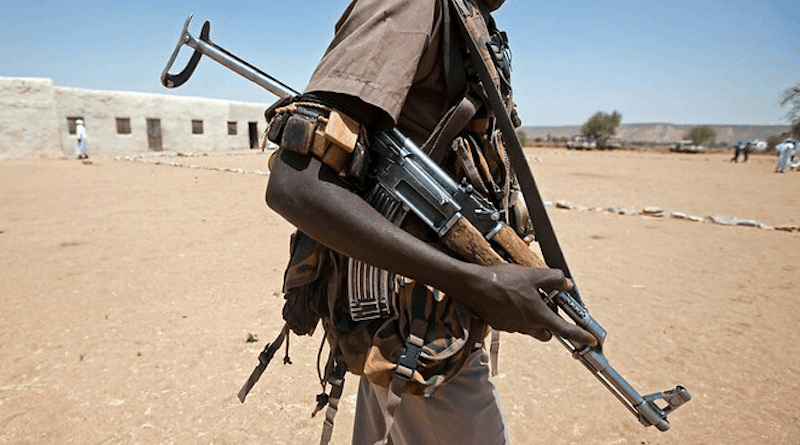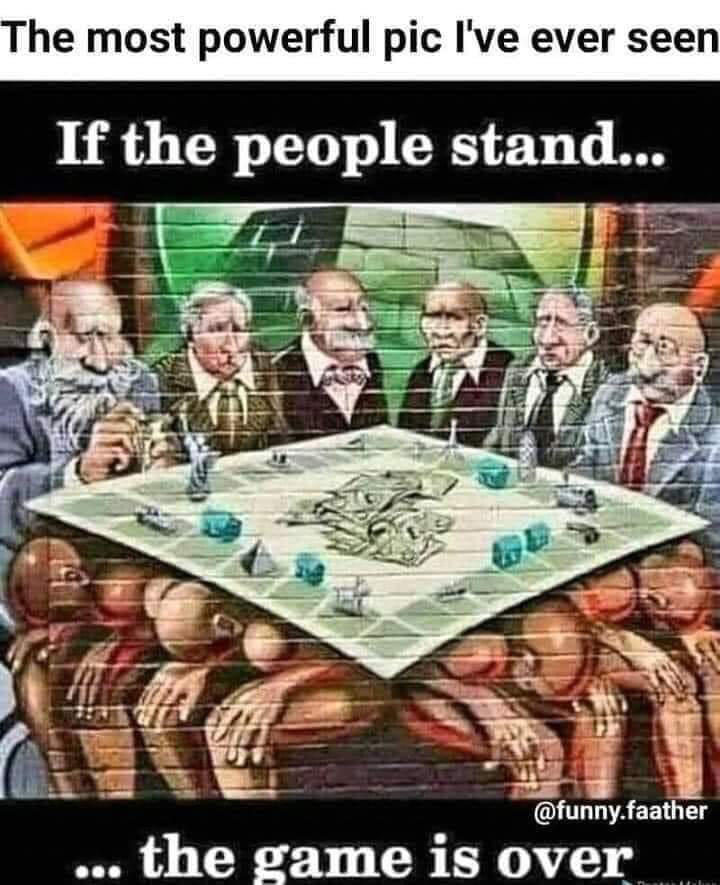Recent events in Kenya have showcased the power of civil protest, as public dissent led President William Ruto to retract proposed tax increments. In stark contrast, Ethiopian protests often meet with severe repression and achieve minimal governmental responsiveness. To understand these differing outcomes, it is imperative to analyze the role of religious education and cultural background in shaping democratic practices and civic engagement in these nations.
Kenya's Protestant Heritage and Democratic Engagement
Kenya predominantly follows Protestant Christianity, which historically fosters a culture of individualism, critical thinking, and civic participation. Protestant communities often emphasize the importance of personal responsibility and the right to challenge authority. This religious backdrop contributes to a populace that is well-versed in democratic principles and unafraid to exercise their right to protest. The Protestant tradition's focus on open dialogue and reform has evidently translated into political behavior, where citizens actively engage with and influence their governance structures.
Ethiopia's Orthodox Christian Tradition and Societal Conformity
Conversely, Ethiopia’s longstanding Ethiopian Orthodox Christian tradition ingrains a deep respect for authority and upholds societal hierarchies. This religious framework cultivates a culture of conformity and deference, discouraging public dissent and prioritizing communal harmony over individual expression. Consequently, Ethiopian protesters often face significant barriers when attempting to mobilize against authoritarian governance, as their cultural upbringing does not inherently encourage open resistance to established power structures.
Comparative Analysis
The contrasting outcomes in Kenya and Ethiopia underline the significant role that religious education and cultural upbringing play in shaping political engagement and democratic values. Kenyan citizens, emboldened by a Protestant heritage that values critique and reform, demonstrate higher levels of civic engagement and resilience in the face of authoritative measures. In contrast, Ethiopians, influenced by a tradition that esteems obedience and reverence for authority, experience greater challenges in mounting effective opposition to government actions.
Conclusion
Understanding the profound impact of religious education and cultural contexts is crucial for addressing the dynamics of political participation and democratic development. By fostering environments that encourage critical thinking, open debate, and the right to protest, societies can nurture more robust and responsive democratic systems. Moving forward, it is essential for policymakers and educators in both nations to critically evaluate how cultural and religious teachings shape civic behaviors and to seek ways to promote democratic engagement that respects and leverages these unique cultural heritages.







